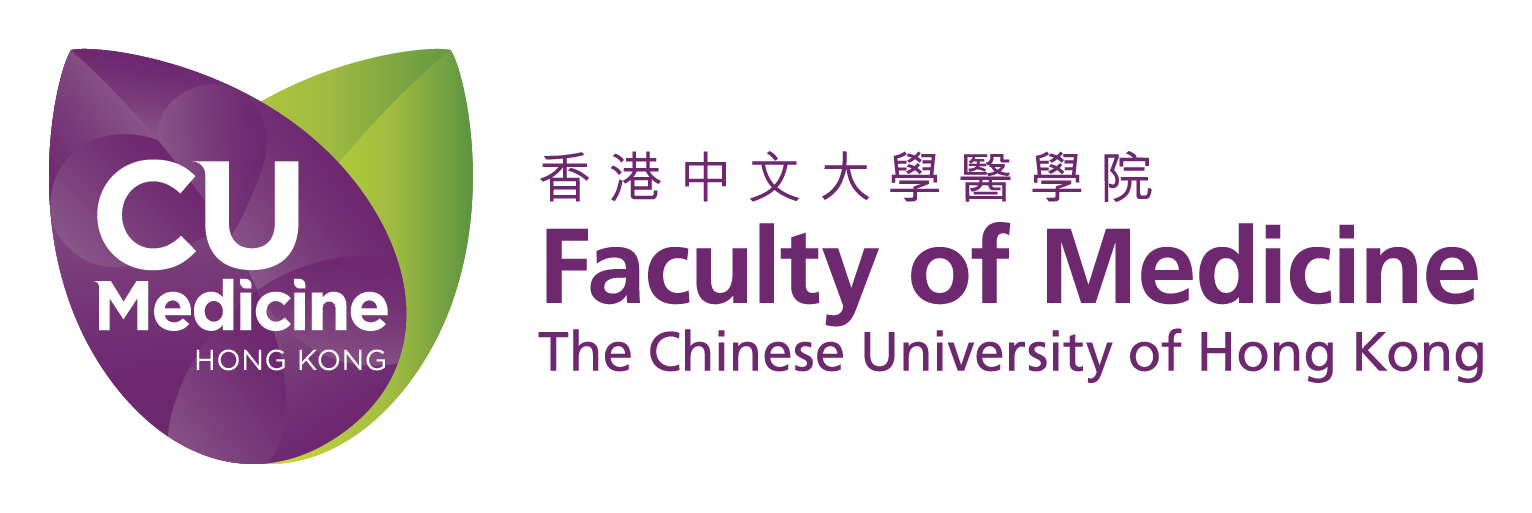Speech Therapy Service
Dynamic Assessment and Mediated Learning Experience
Fluency Disorders
Cleft Palate & Craniofacial Anomalies
Hearing Impairment
Neurogenic Communication Disorders
Social Communication Deficits of People with Autism Spectrum Disorder
Dysphagia
Voice Disorders
Speech Sound Disorders
Tertiary Assessment
Charges
Speech Therapist: HKD 1,500 per 60 minutes
Senior Lecturer and Professor: HKD 3,500 per 75 minutes
Service Hour
Mondays - Fridays: 9:00 am - 5:00 pm
Closed on Saturdays, Sundays and Public Holidays
Appointments & Enquiries
Referrals with patient's name, Hong Kong identification number or travel document number and day time contact telephone number by email or fax are also welcome. We will contact you for the earliest appointment as soon as possible.
Online Booking
| For Adult Service Receiver | For Underage Service Receiver |
Location of Service Site
1/F., Specialist Outpatient Clinic, CUHK Medical Centre, 9 Chak Cheung Street, Shatin, New Territories, Hong Kong



















